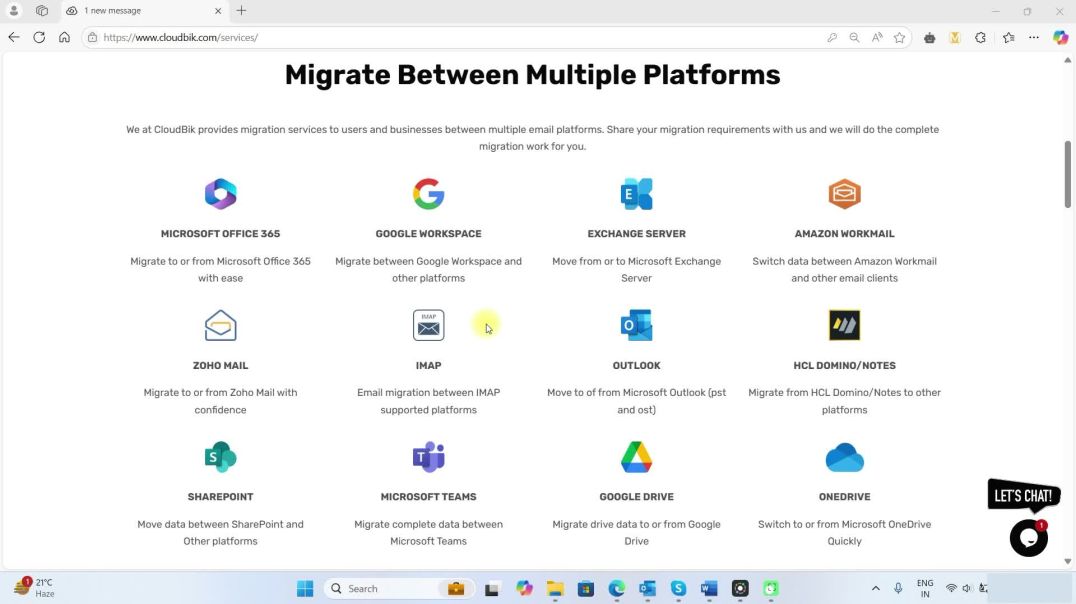Table of Contents
- Introduction
- The Importance of Investing
- Setting Financial Goals
- Understanding Different Investment Options
- Stocks
- Bonds
- Mutual Funds
- Real Estate
- Retirement Accounts
- Creating a Diversified Portfolio
- Risk Tolerance and Time Horizon
- How to Start Investing
- Choosing a Brokerage Account
- Making Your First Investment
- Monitoring and Adjusting Your Portfolio
- Common Investment Mistakes to Avoid
- Conclusion
- FAQs About Investing for Beginners
Introduction
Investing can be a powerful tool for building wealth over time. However, if you're new to the world of investing, it can seem complex and intimidating. This comprehensive guide is designed to demystify the world of investing for beginners, providing you with the knowledge and confidence to start your investment journey.
The Importance of Investing
Before we delve into the details, let's understand why investing is crucial. While saving money is a wise financial habit, it's not enough to make your wealth grow significantly. Investing allows your money to work for you, potentially generating returns that outpace inflation and increase your overall net worth.
Setting Financial Goals
The first step in investing is to define your financial goals. Are you investing for retirement, buying a home, funding your child's education, or achieving financial independence? Clear goals will help you determine your investment strategy.
Understanding Different Investment Options
Investing offers various avenues to grow your money. Here are some common investment options:
Stocks
Stocks represent ownership in a company and have the potential for high returns, but they also come with higher risk.
Bonds
Bonds are debt securities issued by governments or corporations. They provide a steady stream of income but typically offer lower returns compared to stocks.
Mutual Funds
Mutual funds pool money from multiple investors to invest in a diversified portfolio of stocks, bonds, or other assets.
Real Estate
Real estate investments involve purchasing properties with the expectation of rental income or property appreciation.
Retirement Accounts
401(k)s and IRAs are tax-advantaged accounts designed for retirement savings, offering various investment options.
Creating a Diversified Portfolio
Diversification involves spreading your investments across different asset classes to reduce risk. A well-diversified portfolio can help you weather market volatility.
Risk Tolerance and Time Horizon
Understanding your risk tolerance and time horizon is crucial. Young investors can generally afford to take more risks, while those nearing retirement may prefer a more conservative approach.
How to Start Investing
Starting your investment journey is easier than you might think:
Choosing a Brokerage Account
Select a brokerage platform that suits your needs. Consider factors like fees, investment options, and user-friendliness.
Making Your First Investment
Begin with a small, manageable investment. You can purchase individual stocks, bonds, or opt for mutual funds.
Monitoring and Adjusting Your Portfolio
Regularly review your portfolio's performance and make adjustments as needed. Rebalancing ensures your asset allocation aligns with your goals.
Common Investment Mistakes to Avoid
Learn from the mistakes of others by avoiding common pitfalls such as emotional investing, overtrading, or neglecting your investments.
Conclusion
Investing for beginners is an exciting journey that can lead to long-term financial success. By understanding your goals, risk tolerance, and investment options, you can build a diversified portfolio that works toward your financial objectives.
FAQs About Investing for Beginners
1. How much money do I need to start investing?
- You can start with as little as $100 or even less, depending on the investment option you choose.
2. What's the difference between stocks and bonds?
- Stocks represent ownership in a company and offer potential for high returns. Bonds are debt securities that provide regular interest payments.
3. Should I invest in individual stocks or mutual funds?
- Mutual funds provide diversification and are a good choice for beginners. Individual stocks require more research and risk.
4. How do I determine my risk tolerance?
- Assess your comfort level with market fluctuations and your investment goals. Young investors often have a higher risk tolerance.
5. Is professional financial advice necessary for beginners?
- While professional advice can be helpful, many beginners successfully self-invest by educating themselves and starting with simple investment options.































Trade My Stuff
3 months ago